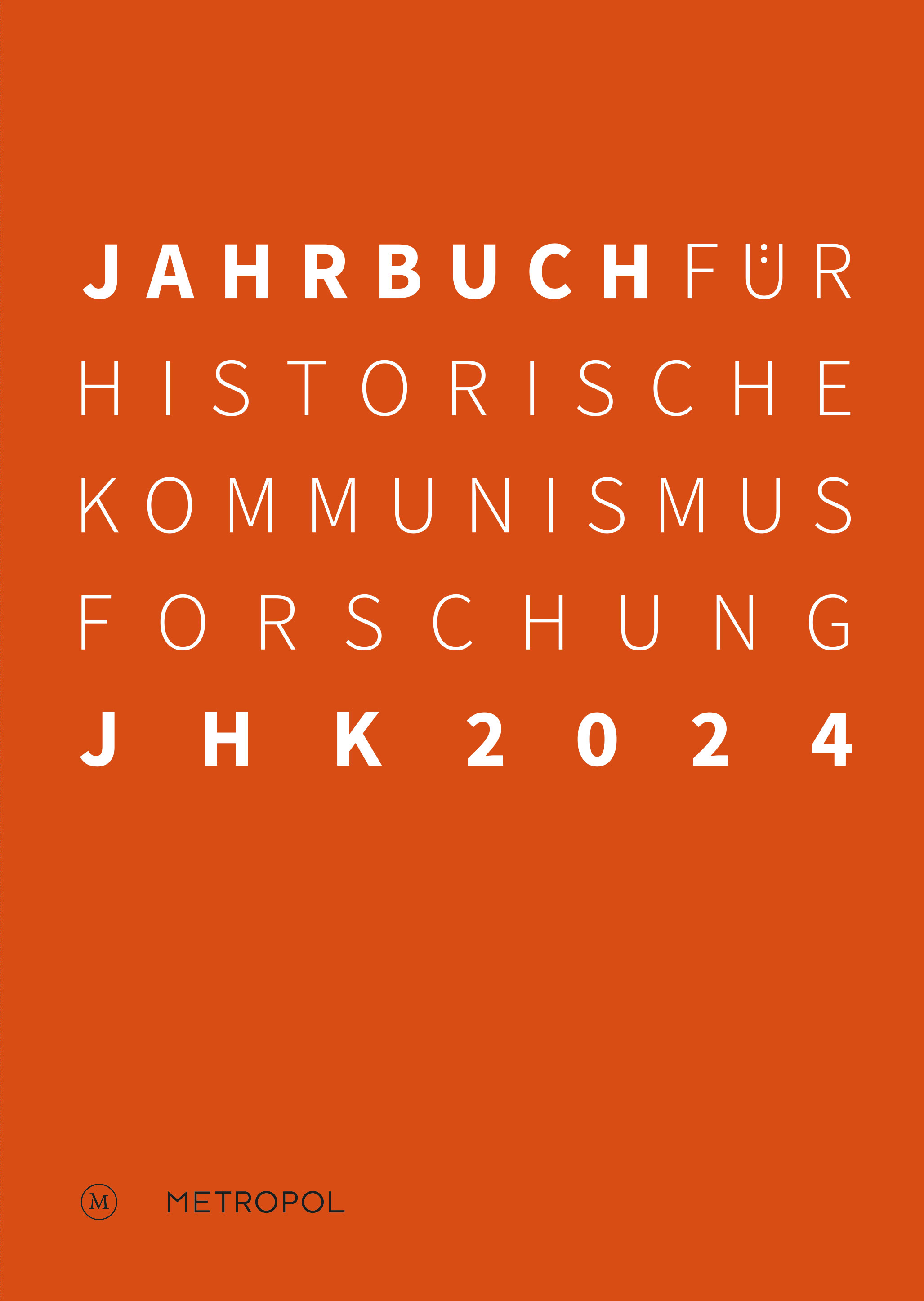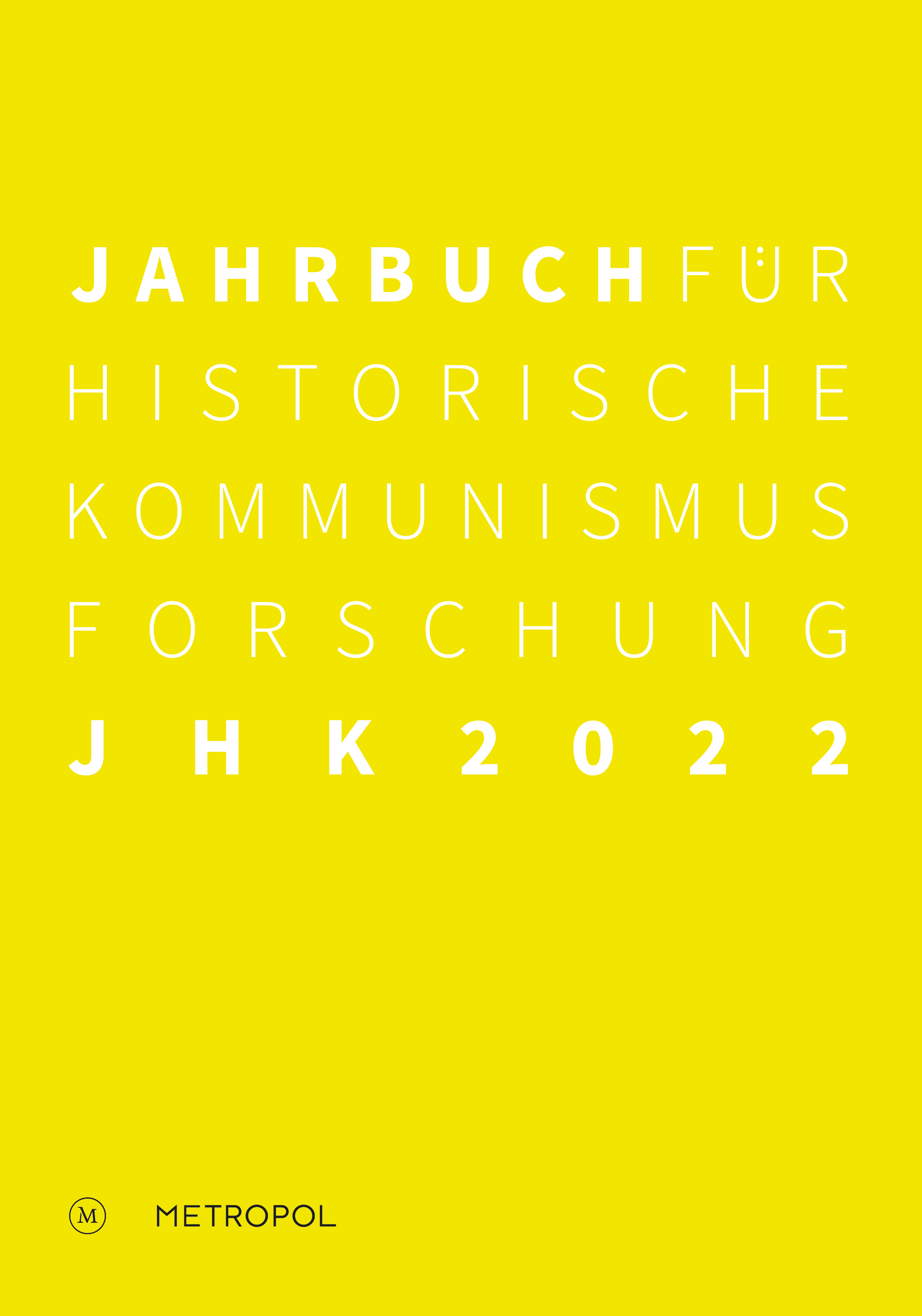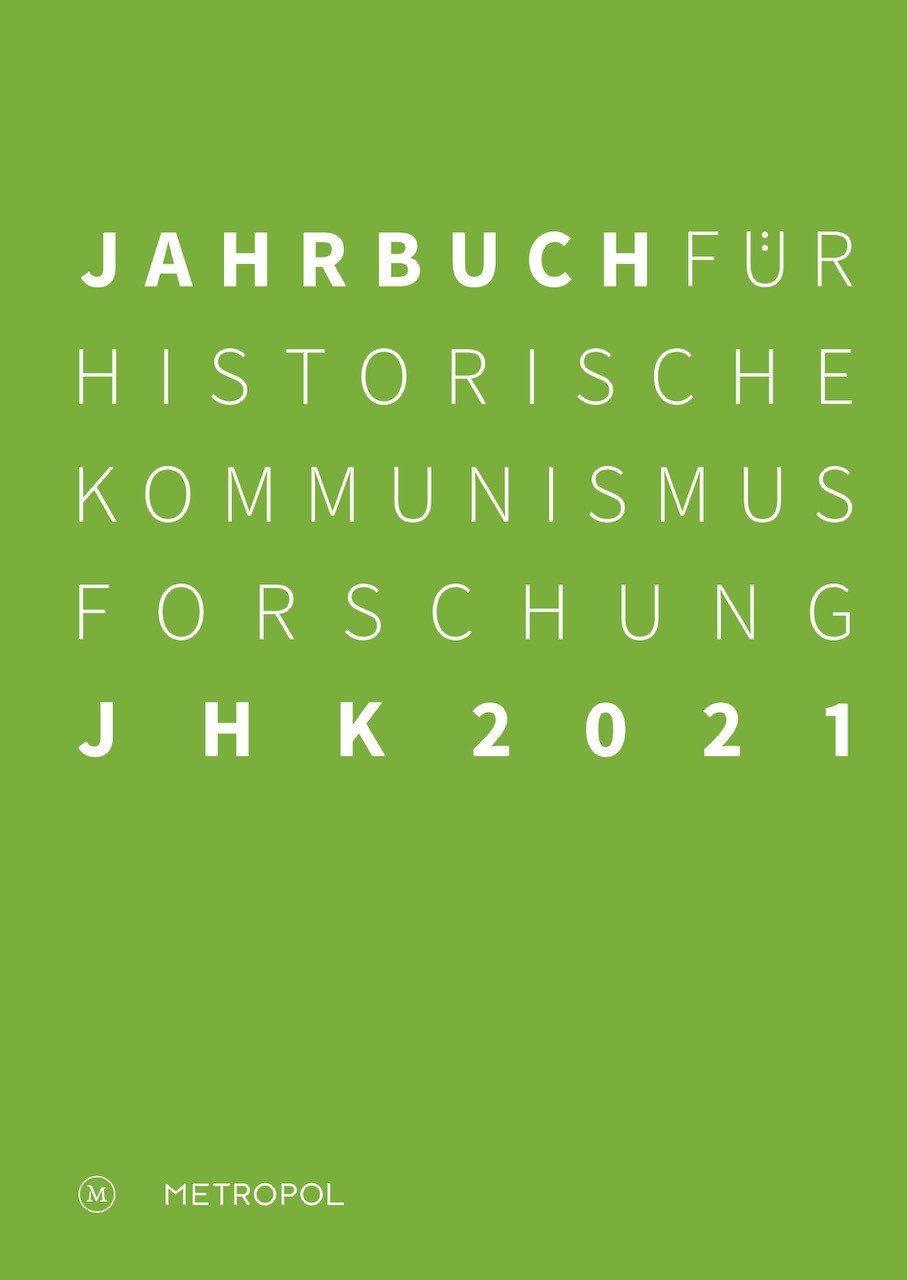Gleb J. Albert: Antikommunismus als Bindeglied. Computerspiel-Piraten auf beiden Seiten des Eisernen Vorhangs am Ende des Kalten Krieges, in: Jahrbuch für Historische Kommunismusforschung 2021. Berlin: Metropol Verlag, pp. 245-266.
Abstract
This essay focuses on the role of ideology and politics in an under-researched 1980s youth culture: the »crackers«, a transnational subculture active in a number of Western countries and consisting of male teenagers who competed with each other in removing copy protection from commercial computer games. Even though the crackers presented themselves as largely apolitical, a prominent trait of their discourses and self-presentation was a hyperbolic anticommunism, fuelled by contemporary popular culture. The essay analyses the anticommunist discourse among these young computer fans on the basis of previously untapped digital sources, follows its evolution throughout the collapse of the Eastern Bloc, and contrasts it with the subculture’s reception of a different contemporary political phenomenon – the rise of neo-Nazi movements all over Europe. The article shows that while the Western crackers’ anticommunism could serve as a common ground to connect and collaborate with East European teenage computer fans during and after the fall of Communism, the former’s weak understanding of politics made them susceptible to problematic political tendencies in post-Communist societies.
Über den Autor
Gleb J. Albert, Dr. phil., geb. 1981. Studium der Geschichte und Slawistik in Köln und Krakau, 2014 Promotion an der Universität Bielefeld (Das Charisma der Weltrevolution. Revolutionärer Internationalismus in der frühen Sowjetgesellschaft, 1917–1927, Köln u. a. 2017). Seit 2014 Postdoc am Historischen Seminar der Universität Zürich im Rahmen der DFG/SNF-Forschungsgruppe »Medien und Mimesis«, Habilitationsprojekt zur transnationalen Geschichte von Softwarepiraterie als Jugendkultur in den 1980er- und 1990er-Jahren. Mitherausgeber des International Newsletter of Communist Studies. Jüngste Veröffentlichungen: »Der vergessene ›Brotkasten‹. Neue Forschungen zur Sozial- und Kulturgeschichte des Heimcomputers«, in: Archiv für Sozialgeschichte, Bd. 59, Bonn 2019, S. 495–530; »Subkultur, Piraterie und neue Märkte. Die transnationale Zirkulation von Heimcomputersoftware, 1986–1995«, in: Frank Bösch (Hg.): Wege in die digitale Gesellschaft. Computernutzung in der Bundesrepublik 1955–1990, Göttingen 2018, S. 274–299.



